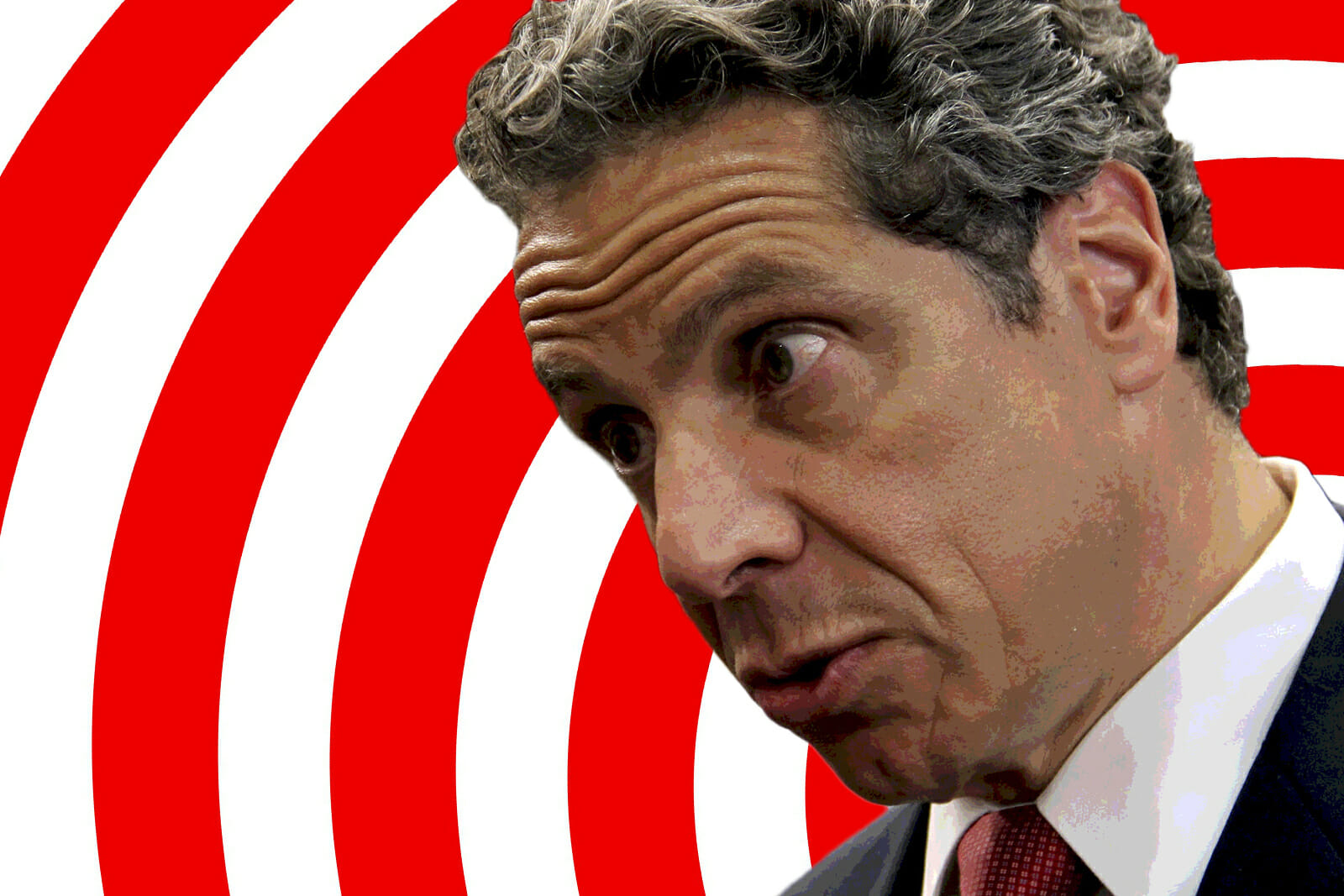
A Critical Lesson of the COVID-19 Pandemic
The COVID-19 pandemic continues to rage. The rates of infections and deaths have yet to show significant signs of subsiding. The economic devastation that the pandemic is inflicting will leave behind deep scars that will be with us for a long time. The atmosphere of political conflict is getting denser and denser as political actors increasingly point fingers in each other’s direction further polarizing a deeply divided country.
Although much attention and effort must be focused on the immediate expediencies of the pandemic, there is a growing realization that there are critical lessons to be learned if we want to eliminate this threat. Moreover, dire predictions for the future make the need to learn these lessons even more urgent.
Perhaps the most obvious, even if least recognized lessons, are those that are related to our social and political practice. Competition is the basis of our current practice. We tend to accept a self-evident truth that competition offers the best path to better solutions.
The reality of this pandemic should give us second thoughts about our priorities. Competitive party politics in America today is more of a hindrance than a help in dealing with the current crisis. The politically motivated attacks against one’s political opponents makes things more difficult and more disorderly than they need to be. One does not have to look far for examples. The controversies, mutual accusations, and acrimony have not been conducive to finding rational and optimal solutions that would provide Americans with what they need. All too often, criticisms have been unconstructive and driven more by party politics than by a search for solutions.
During the last four years, Democrats and their supporters have developed an instinctive negative response to everything that President Trump undertakes. Even before he was elected and had a chance to prove himself, they claimed that he was incompetent, ignorant, and out of touch with reality. They viewed everything Trump did through the prism of these claims. They behaved and continue to behave like a proverbial guy with a hammer who sees nails everywhere. For example, they interpreted his cautious approach in trying to balance the health of the American people with the needs of the economy as incompetence, laxity, neglect, or worse.
The sword of such wholesale, often rash, unwarranted and wrong-headed condemnation cuts both ways. Driven by party politics, Democratic leaders often proposed quick and totalizing solutions of the one-size-fits-all type that exacerbated the problems created by the pandemic. Governor Andrew Cuomo rushed into a series of administrative decisions that have contributed to economic decline. Forced to defend his policies, Cuomo has created a false dichotomy between health and economic imperatives. His slogans captured the headlines but were largely unconstructive. The massive lockdowns in his state have not stopped the spread of the virus but they certainly halted the economy in New York state, which has only compounded the hardships residents of the state have already been facing. Now many New York residents have to confront a very real possibility of losing their livelihoods.
Cuomo also issued guidelines to close all schools in the state as a way of getting infections under control. One certainly must have no knowledge of American kids to believe that they will obediently lock themselves in their homes. The first thing more mature students did when colleges and universities closed was to head to the beaches that lured them with infinite possibilities of partying and socializing. Their younger counterparts flocked to parks and game rooms where they could do what they like to do best—playing games. At one point Cuomo was so frustrated with the failure of school-age Americans to observe the notorious shelter-in-place guidelines that he threatened to go and personally chase kids out of Central Park. Luckily, for the governor, he did not follow up on his threat.
Personal animosity may have something to do with Cuomo’s attacks against President Trump. However, the impact of competitive party politics has been much more important. Trying to capitalize on Cuomo’s confrontational posturing, many Democrats began to groom Cuomo for a presidential run—an initiative that quickly fizzled out. As a result, instead of constructive cooperation between New York state and Washington for the benefit of the American people, the two sides became entangled in counterproductive acrimonious exchanges that helped little in tackling the ravages of the pandemic.
Political competition rather than a search for solutions has driven other decisions by Cuomo and his fellow politicians who wanted to show that President Trump was slow and inadequate in his response to the pandemic. They wanted to outdo the president so as to claim his political mantle. It worked for them. The liberal media, for example, began to groom governor Cuomo for a possible presidential run. However, this desire to portray Trump as inadequate did not work for the American people. Massive lockdowns halted the economy throughout the country, even in rural areas that cover most of America, where the contagion was and is extremely low and instances of death from COVID-19 are also very low. The result of this was skyrocketing unemployment in rural areas where it could have been avoided. The only result of massive school closures is that students have been removed from relatively controlled and supervised environments of college campuses and released into uncontrolled and unsupervised environments of beeches, parks, game rooms, and street parties (such as those that took place in Oakland, California).
But perhaps the most infamous example of the harmful effects of competition relates to the hydroxychloroquine controversy. The ardent desire to prove their mantra “bad orange man” has led some politicians and doctors to resist using drugs that have proven to be successful in treating coronavirus patients. Instead, they have been pushing for more ventilators that some argue are less than effective and even harmful in treating the effects of COVID-19. They ridiculed the proponents of hydroxychloroquine. One wonders how many thousands of lives could have been saved if the controversy had not prevented a wide-scale application of hydroxychloroquine and other drugs in treating COVID-19 patients.
Instead of a rational and differentiated approach, political contestation fostered rash totalizing one-size-fits-all decisions; and the results have been more disastrous than they had to be. President Trump also has not been immune to rash decisions. Under the pressure from the left, he went along with the calls to halt the economy, even in rural areas, for the putative benefits of slowing down the pandemics at a disproportionately huge economic cost.
Competition in politics has blinded politicians. Instead of carefully considered differentiated approaches, it forced them into the overdrive of rash decisions that were useless or harmful. Moreover, competition continues to define American politics and thus impedes our capacity to cope with the crisis. The desire to fight “bad orange man” still prevails in debates over the reopening of the economy. Most of Trump’s opponents continue to insist on continued lockdowns—some insisting on at least eighteen more months, despite the warning signs of a possible total economic collapse. Some hotheads even propose to close all grocery stores. This policy, if it ever comes to pass, would ruin our food supply chain and could cause food riots.
Cautious efforts to re-open the economy accompanied by careful and constant monitoring of the rates of infections, hospital admissions, and deaths would represent the kind of differentiated and rational approach that would benefit America much more than global totalizing decisions. The current American political practice is not conducive to such variegated, nuanced, and incremental policies.
As the pandemic evolves, the inadequacies of our political practice become increasingly obvious. The current practice simply does not fit the modern conditions that requires creative, nuanced, and differentiated decisions and approaches. The current COVID-19 crisis shows very clearly that changing our political practice and introducing a different one that would allow balancing competition with cooperation, local interests with global ones, and hierarchies with networks. The survival of our civilization will vitally depend on this change.

